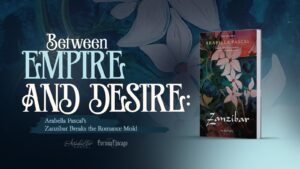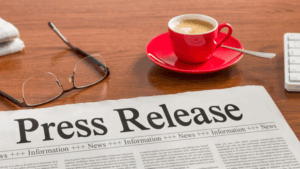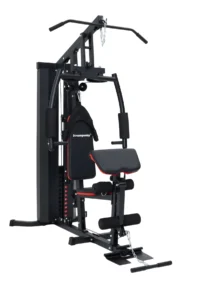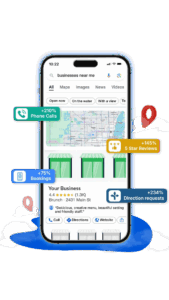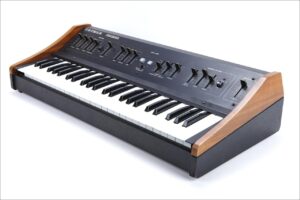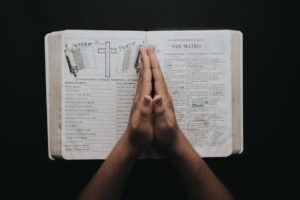Big Spring, Texas / Syndication Cloud / September 12, 2025 / Wordsmith World

Key Summary
- Start with structure: Understanding Biblical timeline and historical context makes individual passages easier to grasp and remember
- Break down barriers: Most reading struggles come from jumping into complex books without foundational knowledge of the overall narrative
- Use proven methods: Educational approaches that work in classrooms also improve Scripture comprehension for adult learners
- Focus on the big picture: Seeing how all Biblical events connect creates a framework that supports deeper study and personal application
- Find quality resources: Expert-created study materials can bridge the gap between confusion and clear understanding of Scripture
You open your Bible with good intentions, then five minutes later you’re staring at a genealogy that reads like a phone book, wondering how Hezekiah connects to anything you’ve ever heard in church. Sound familiar? You’re not alone in this struggle.
The Hidden Challenge Most Christians Face
Here’s what nobody talks about in Sunday school: most believers never develop strong Bible reading skills because they start in the wrong place. Churches often teach isolated verses or stories without explaining how everything fits together. Think about it like trying to assemble furniture without the instruction manual – you have all the pieces, but you don’t know how they connect.
Common Reading Mistakes That Block Understanding
Many people make the same errors when approaching Bible study by starting with difficult books like Leviticus or Revelation instead of building foundational knowledge first, and this approach leads to frustration and often causes people to give up entirely. Another mistake involves reading without context, since ancient texts require background knowledge to make sense.
Many readers also try to tackle everything at once by setting ambitious reading plans but burn out quickly because they haven’t developed effective study habits or learned to process what they’re reading.
Building Strong Bible Reading Skills
Start With the Big Picture
Begin by understanding the overall narrative flow from Creation to Revelation, which creates a mental framework that makes individual stories and teachings easier to place and remember. Think of it as creating a timeline in your mind where you can file new information as you learn it.
Use Educational Methods That Work
Apply proven learning techniques to your Bible study by breaking complex information into smaller, manageable sections, taking notes as you read to improve retention, and connecting new information to things you already understand. Teachers know that students learn better when they can see how individual lessons fit into larger concepts, and the same principle applies to Scripture study.
Focus on Historical Context
Understanding when and why Biblical books were written changes everything. A letter written to encourage persecuted Christians hits differently when you know the recipients were facing actual persecution. Context transforms confusing passages into clear, relevant teachings.
Learning From Educational Experts
Some of the most effective Bible study resources come from people with teaching backgrounds because educators understand how to break down complex information and present it in ways that stick. This method works because it mirrors how our brains naturally process information, since we understand parts better when we see how they fit into the whole.
The Right Resources Make All the Difference
Quality study materials can transform your Bible reading experience by emphasizing historical context and narrative flow while avoiding materials that assume extensive background knowledge without providing it. The best educational tools present information clearly and logically without overwhelming beginners with advanced concepts, instead building understanding step by step, and digital resources often include helpful links and cross-references. Expert-created materials save time and prevent frustration by providing the framework you need to understand scripture effectively.
FAQ
How long should daily Bible reading sessions last?
Start with 15-20 minutes of focused reading rather than longer sessions that lead to burnout since quality matters more than quantity, and shorter sessions help you maintain consistency while properly processing what you learn.
Which Bible translation works best for new readers?
Choose a modern translation like NIV or ESV that balances accuracy with readability while avoiding archaic language versions until you build confidence with the content, since the goal is understanding, not struggling with outdated vocabulary.
Should I read the Bible in order from Genesis to Revelation?
Not necessarily. You should start with books that tell clear stories like Genesis, Exodus, or the Gospels, and once you understand the narrative flow, you can tackle more complex books like Leviticus or Revelation with better context.
Where can I find quality Bible study resources that use educational methods?
Look for materials created by how to present complex information clearly, since expert-developed resources that focus on historical context and big-picture understanding provide the best foundation for meaningful Bible study.
Wordsmith World
Texas
Big Spring
Texas
79720
United States


